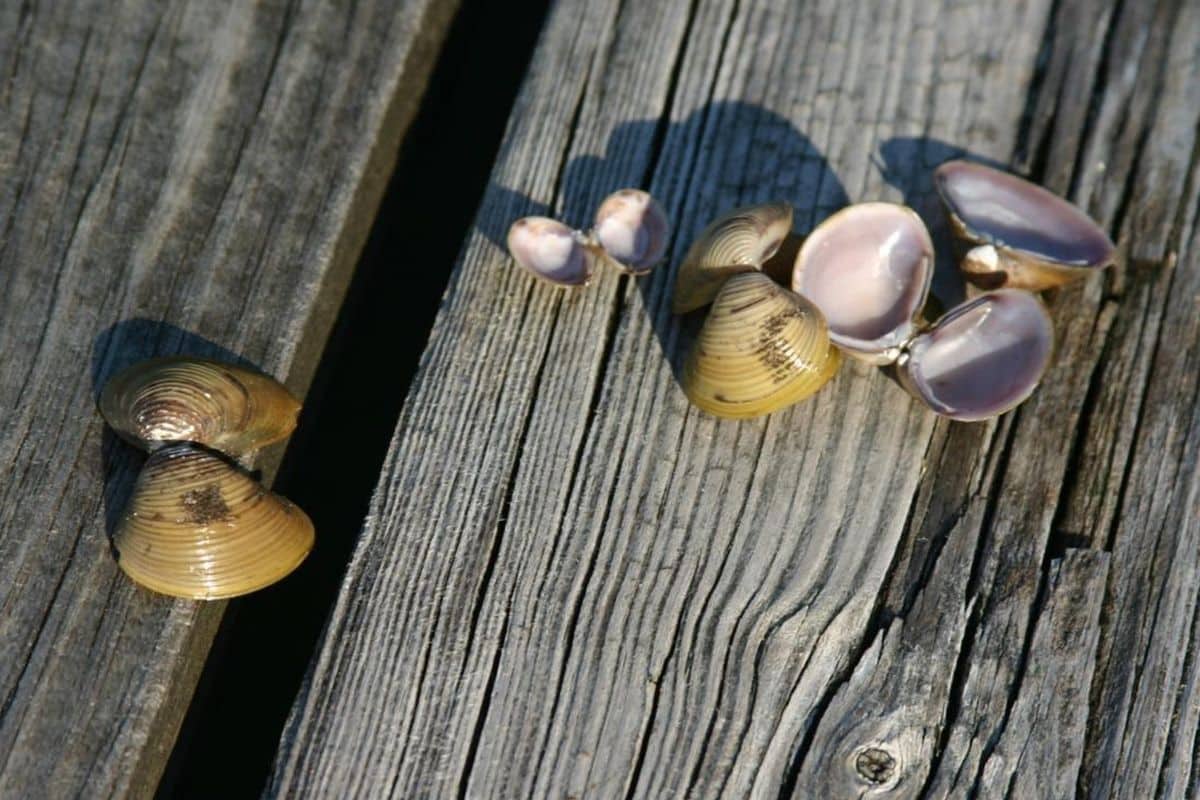Treatment also settles quandary over “how to combat Asian clams”
Researchers from the University of Coimbra (UC) have developed an innovative treatment that uses the biofiltration of the Asian clam to remove pharmaceuticals from wastewater.
The work, by a group of researchers from the UC Faculty of Science and Technology (FCTUC), in collaboration with the UC Faculty of Pharmacy (FFUC), is being developed as part of the project ‘Development of biofiltration strategies for water recovery’ – one of the winners of the 4th edition of the University of Coimbra’s Seed Project Awards for Interdisciplinary Scientific Research.
The project “aims to take advantage of the Asian clam, giving it an application and, at the same time, helping to combat it, since it is an invasive species”, with the aim of removing drugs from wastewater – allowing it to be reused more safely, explains João Gomes, a researcher at the Chemical Engineering and Renewable Resources for Sustainability Centre of the Chemical Engineering Department, quoted in a UC press release.
So far, four laboratory trials have been carried out, in which effectiveness of this process was tested for 24- and 48-hours (also with reused clams).
According to UC’s release, 17 compounds belonging to six different pharmaco-therapeutic groups were detected in the water, 11 of which were successfully removed.
According to the project’s researchers, there is no considerable difference in the times tested.
“We obtained an average removal rate of 44% in 24-hours and in 48-hours the percentage was 46%, i.e. the increase in time didn’t lead to any significant differences”, which, “despite sounding abstract, is a good thing, as it means that the volume of water to be retained in the treatment is smaller”, they say.
According to João Gomes, “the big challenge was to build an efficient biofilter that allows clams to be retained, because as an invasive species it is important that it is not released into the environment”.
The aim of this project is to prevent future environmental problems, but also animal and human health problems, as without filtering out the traces of pharmaceutical products, they could end up back in the environment, in rivers and streams, affecting the animal ecosystem, and eventually human consumption.
As researcher André Pereira stressed: “It is always important to realise that we’re working on these three aspects, which are inseparable”.
Source material: LUSA




















